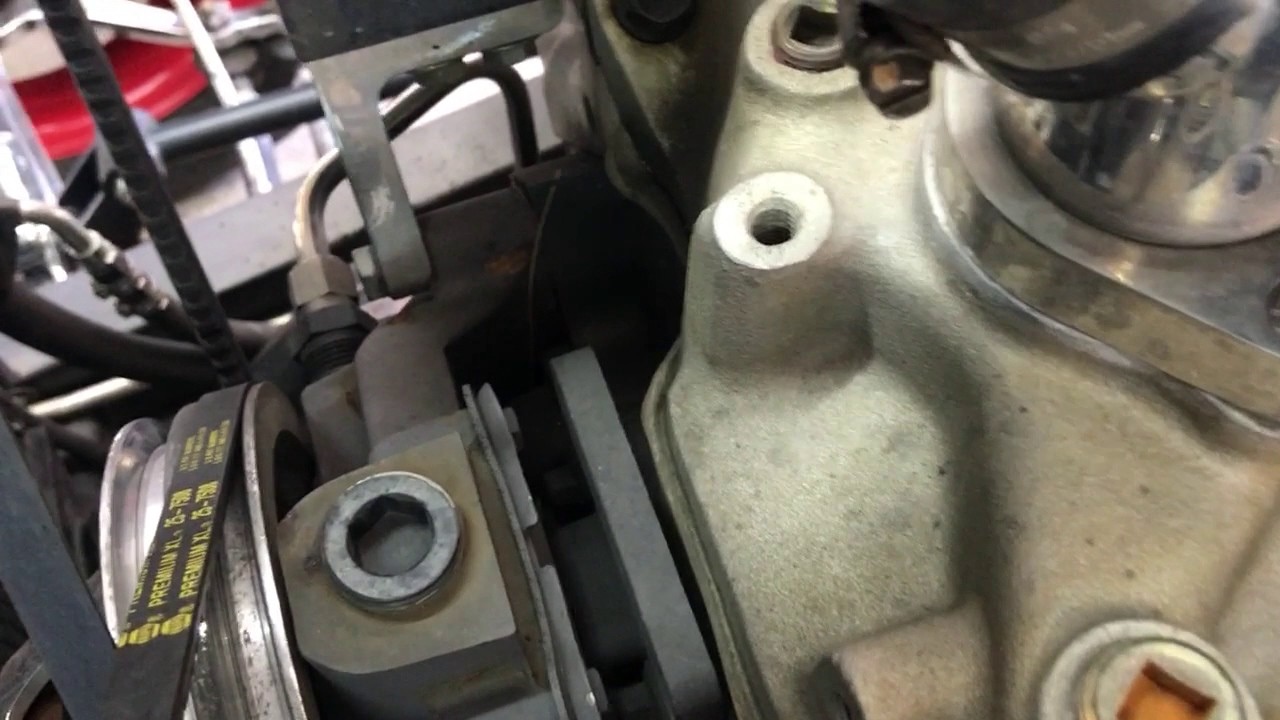

Articles
How To Stop Water Pump Leak
Modified: August 21, 2024
Learn how to effectively stop a water pump leak with these informative articles. Discover helpful tips and techniques to fix the issue and prevent further damage.
(Many of the links in this article redirect to a specific reviewed product. Your purchase of these products through affiliate links helps to generate commission for Storables.com, at no extra cost. Learn more)
Introduction
Welcome to our guide on how to stop a water pump leak. A leaking water pump can be a cause of concern for homeowners and can lead to significant damage if not addressed promptly. Water pump leaks can occur due to various reasons, such as worn-out gaskets, faulty seals, or corroded components.
In this article, we will provide you with an understanding of water pump leaks, the signs that indicate a leak, the common causes behind these leaks, and most importantly, the steps you can take to stop a water pump leak effectively. By following the techniques mentioned here, you can save yourself from potential headaches and costly repairs.
So, let’s dive in and explore how to identify and stop water pump leaks!
Key Takeaways:
- Don’t ignore the signs! Identifying early signs of a water pump leak, such as puddles, overheating, or low coolant levels, can save you from costly repairs and prevent engine damage.
- DIY or professional help? While some water pump leaks can be fixed with DIY methods, it’s crucial to know when to seek professional assistance to stop the leak effectively and prevent further damage.
Read more: How To Stop Water Heater From Leaking
Understanding Water Pump Leaks
Before we delve into the steps to stop a water pump leak, it’s essential to have a basic understanding of how water pump leaks occur. A water pump is a crucial component in any water-based system, including residential plumbing setups and automotive cooling systems.
The primary function of a water pump is to circulate and transfer coolant or water throughout the system to regulate temperature and prevent overheating. Over time, the constant rotation and exposure to temperature fluctuations can cause wear and tear on the pump’s components, leading to leaks.
Water pump leaks typically occur at the gasket or seal points. These are the areas where the pump connects to other components, such as the engine or pipes. The gaskets and seals can degrade over time due to age, exposure to heat, and the strain of constant movement. Additionally, corrosion or improper installation can also contribute to water pump leaks.
It’s important to note that water pump leaks can manifest in different ways, depending on the severity and location of the leak. Understanding the signs of a water pump leak is crucial in addressing the issue before it becomes a more significant problem.
Signs of a Water Pump Leak
Identifying the signs of a water pump leak early on can help you prevent further damage and save you from costly repairs. Here are some common signs that indicate a water pump leak:
- Coolant or water puddles: If you notice puddles of coolant or water under your vehicle or near your plumbing system, it is a clear sign of a water pump leak. Check the area around the water pump for any signs of leakage.
- Overheating: A leaking water pump can cause the engine to overheat. If you notice your engine temperature gauge rising rapidly or consistently running hot, it may be due to a water pump leak. Overheating can lead to engine damage, so it’s crucial to address the issue promptly.
- Low coolant levels: If you find yourself frequently refilling the coolant reservoir, it may indicate a water pump leak. Insufficient coolant levels can lead to engine overheating, so it’s essential to address the leak and replenish the coolant as needed.
- Noise or vibration: A faulty water pump may produce strange noises or vibrations. Listen for any unusual sounds coming from the engine area, particularly a whining or grinding noise, which could be indicative of a water pump leak.
- Steam under the hood: In severe cases, a water pump leak can result in steam coming from under the hood. If you notice steam, pull over immediately and turn off the engine to prevent further damage.
It’s worth mentioning that some of these signs can also be associated with other engine or plumbing issues. Therefore, it’s crucial to consult a professional if you’re unsure about the cause of the problem.
Regularly inspect the water pump for any signs of leaks, such as puddles or dampness around the pump. Replace any worn or damaged gaskets or seals to prevent leaks.
Common Causes of Water Pump Leaks
Understanding the common causes behind water pump leaks can help you prevent them in the future and take appropriate measures to address existing leaks. Here are some of the most common causes of water pump leaks:
- Worn-out gaskets: Over time, the gaskets that seal the water pump to other components can deteriorate due to age and constant exposure to heat. Worn-out gaskets can lead to leaks at the connection points.
- Faulty seals: Similar to gaskets, the seals on the water pump can degrade over time, resulting in leaks. The constant rotation and exposure to temperature fluctuations can cause the seals to wear down and lose their effectiveness.
- Corrosion: Corrosion can occur due to the presence of contaminants in the coolant or water. Corroded components of the water pump, such as the impeller or housing, can develop leaks and compromise the functionality of the pump.
- Improper installation: If the water pump was not installed correctly or if the bolts were not tightened properly, it can lead to leaks. It’s essential to ensure that the water pump is installed according to the manufacturer’s instructions to prevent leakage.
- Excessive pressure: Extra pressure in the cooling system can strain the water pump and potentially lead to leaks. This can occur due to a malfunctioning radiator cap, a clogged radiator, or other issues within the cooling system.
It’s important to note that these causes can occur individually or in combination with each other. Regular maintenance and inspections of the water pump can help detect potential issues early on and prevent leaks from developing.
Steps to Stop a Water Pump Leak
If you’ve identified a water pump leak, it’s crucial to take immediate action to stop the leak and prevent further damage. Here are the steps you can follow to stop a water pump leak:
- Turn off the engine: Before attempting any repairs, make sure to turn off the engine and allow it to cool down. This will prevent any potential injuries and also minimize the risk of damaging hot components.
- Locate the source of the leak: Carefully inspect the water pump and its surrounding area to identify the exact location of the leak. Look for signs of coolant or water pooling, stains, or any visible cracks or damage.
- Tighten loose connections: If the leak is coming from connections between the water pump and other components, such as hoses or pipes, check if any connections are loose. Tighten them carefully using the appropriate tools, being careful not to overtighten and cause damage.
- Replace gaskets or seals: If the source of the leak is worn-out gaskets or faulty seals, you will need to replace them. Consult the manufacturer’s instructions or seek professional help to ensure proper installation.
- Inspect for corrosion: If corrosion is causing the water pump leak, you may need to clean or replace the affected components. Use a suitable cleaner or consult a professional to address the corrosion properly.
- Apply a sealant: In some cases, a small water pump leak can be temporarily sealed with a high-quality sealant designed for engine or plumbing repairs. Follow the instructions on the sealant packaging and apply it carefully to the affected area.
- Replace the water pump: If the leak persists or if the water pump is severely damaged, it may be necessary to replace the entire water pump. Consult a professional mechanic or plumber to ensure the correct replacement part is used and installed correctly.
Remember, if you’re unsure about any step or if the leak continues despite your efforts, it’s best to consult a professional. They have the expertise and knowledge to diagnose the issue accurately and perform repairs to stop the water pump leak effectively.
Read more: Why Is My Water Pump Leaking
Conclusion
A water pump leak can be a cause of concern and lead to significant damage if left unaddressed. However, by understanding the signs, causes, and steps to stop a water pump leak, you can take prompt action and prevent further issues.
Identifying the signs of a water pump leak, such as coolant puddles, overheating, low coolant levels, strange noises, or steam under the hood, is crucial in catching the problem early on. By recognizing these signs, you can take the necessary steps to stop the leak and prevent any further damage.
Common causes for water pump leaks include worn-out gaskets, faulty seals, corrosion, improper installation, and excessive pressure. Addressing these causes can help prevent future leaks and ensure the longevity of your water pump.
If you’re dealing with a water pump leak, follow the steps outlined in this guide. Remember to turn off the engine, locate the source of the leak, tighten loose connections, replace gaskets or seals if necessary, address any corrosion, and consider using a sealant or replacing the water pump if needed.
While some water pump leaks can be repaired with DIY methods, it’s important to know your limits. If you’re unsure about any step or if the leak persists, it’s always recommended to seek professional help. They have the expertise and knowledge to provide accurate diagnoses and perform necessary repairs to stop the water pump leak effectively.
By taking proactive measures and addressing water pump leaks promptly, you can ensure the proper functioning of your plumbing system or vehicle’s cooling system. Regular maintenance, inspections, and prompt repairs are essential to prevent leaks and extend the lifespan of your water pump.
Remember, prevention is always better than cure. Keeping an eye out for any signs of potential leaks and performing regular maintenance can help you avoid water pump leaks altogether. Take care of your water pump, and it will take care of you.
Frequently Asked Questions about How To Stop Water Pump Leak
Was this page helpful?
At Storables.com, we guarantee accurate and reliable information. Our content, validated by Expert Board Contributors, is crafted following stringent Editorial Policies. We're committed to providing you with well-researched, expert-backed insights for all your informational needs.
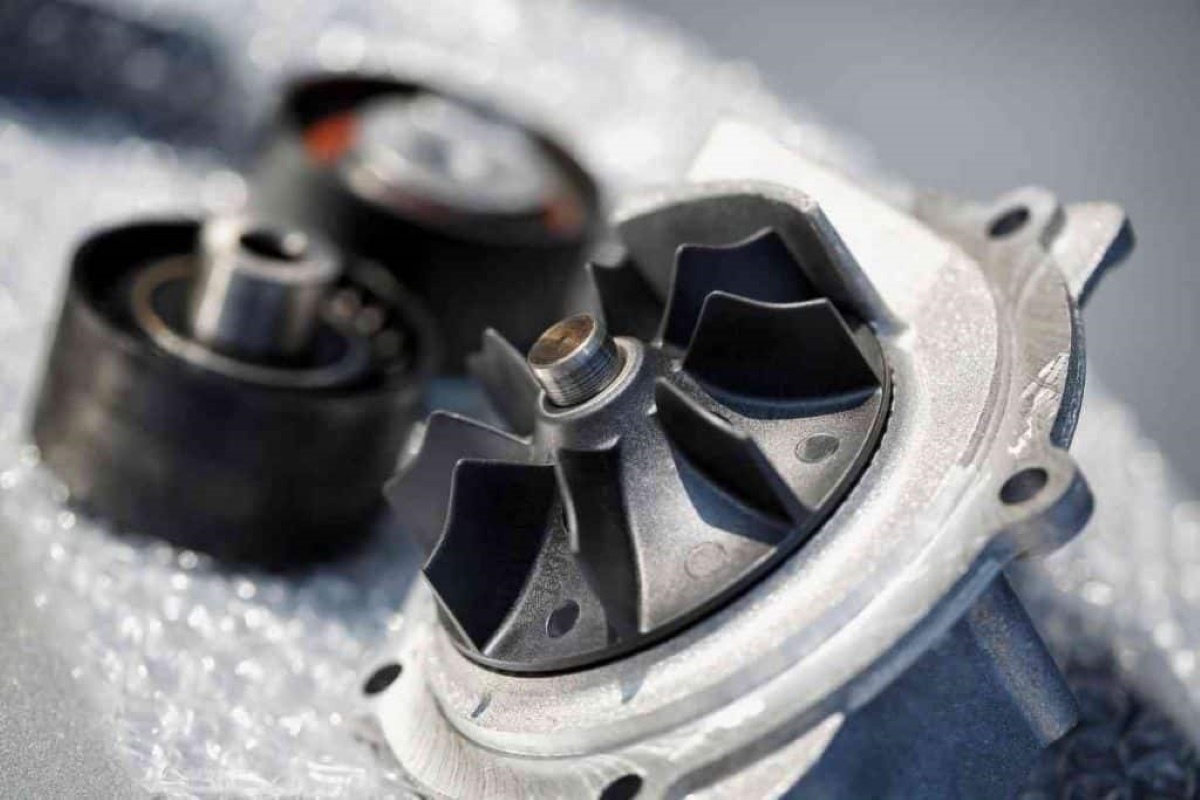
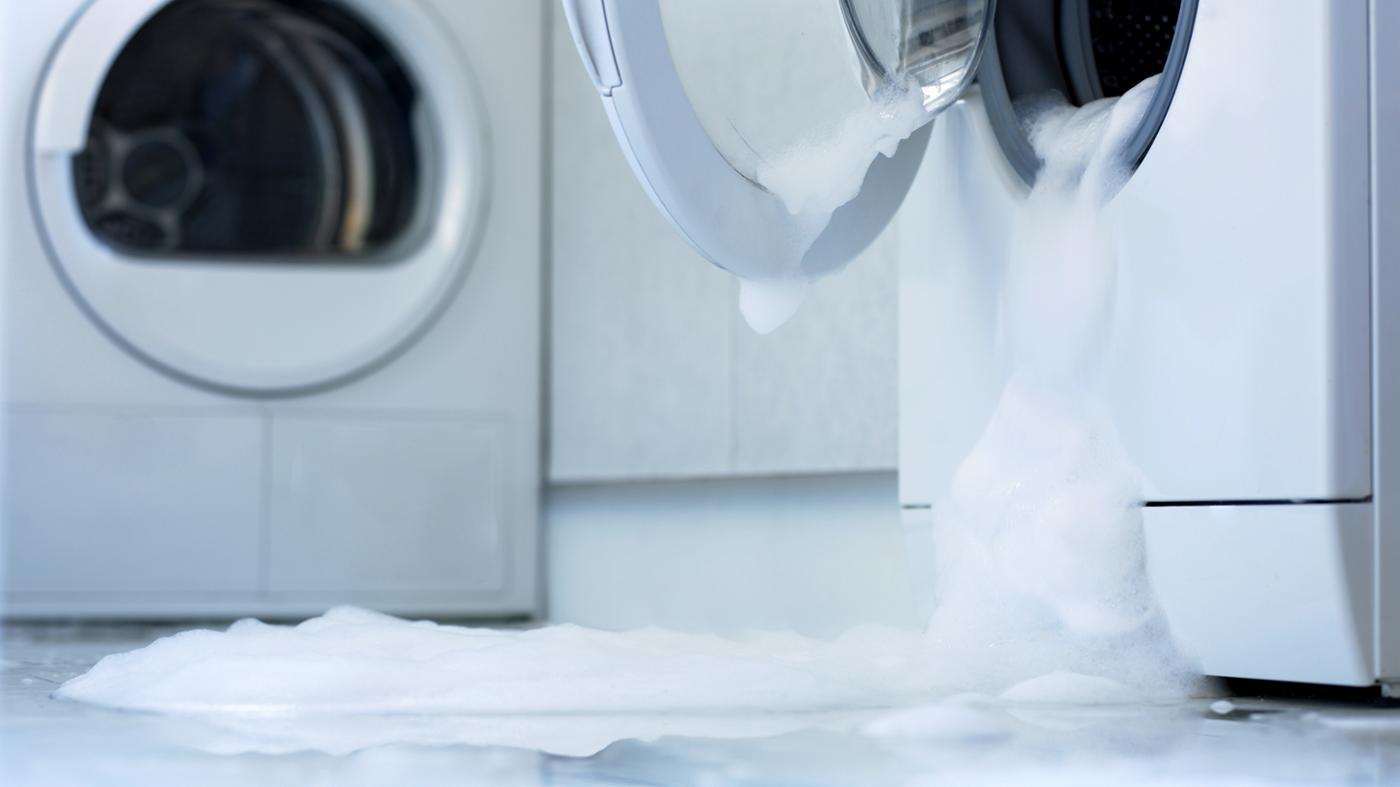
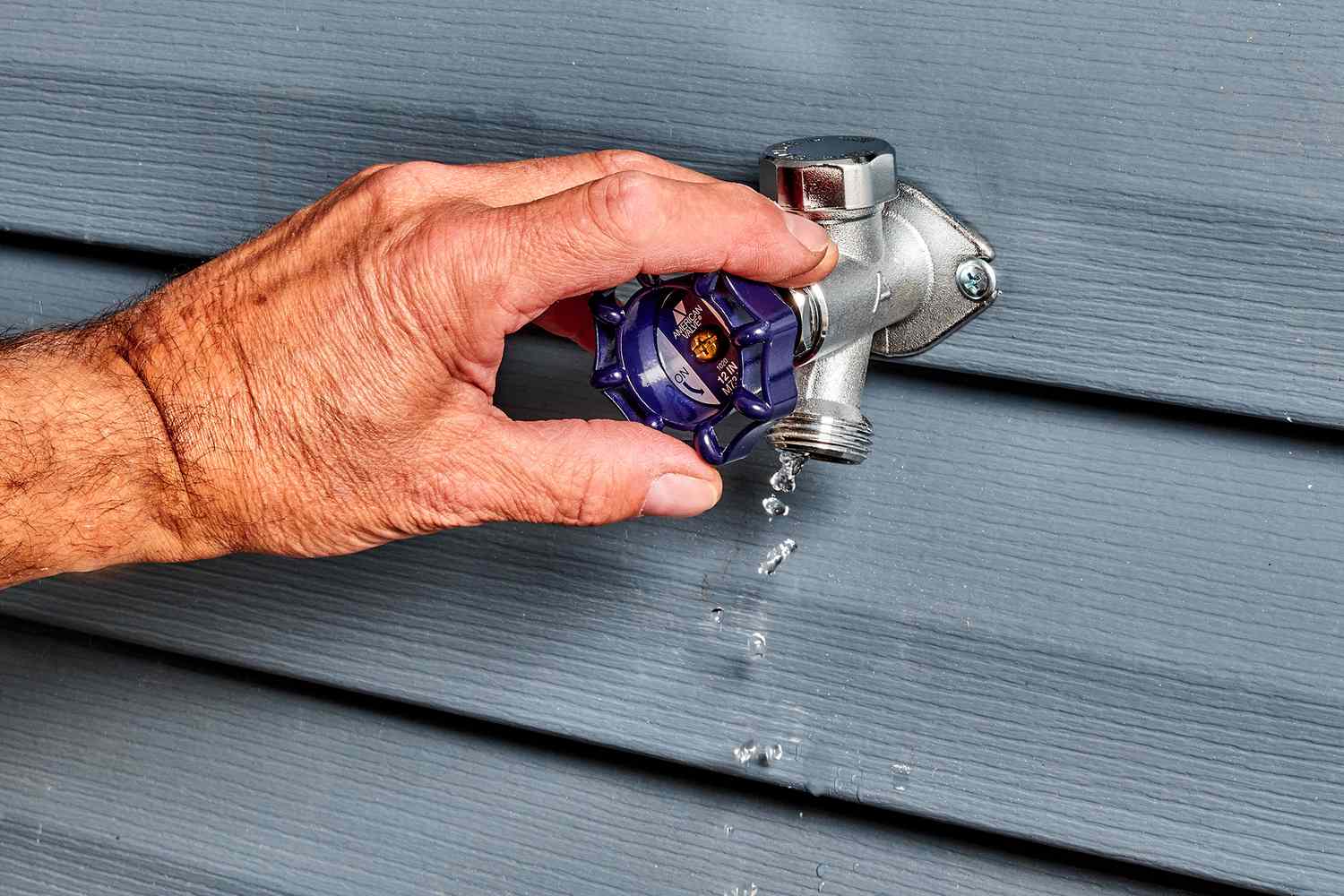
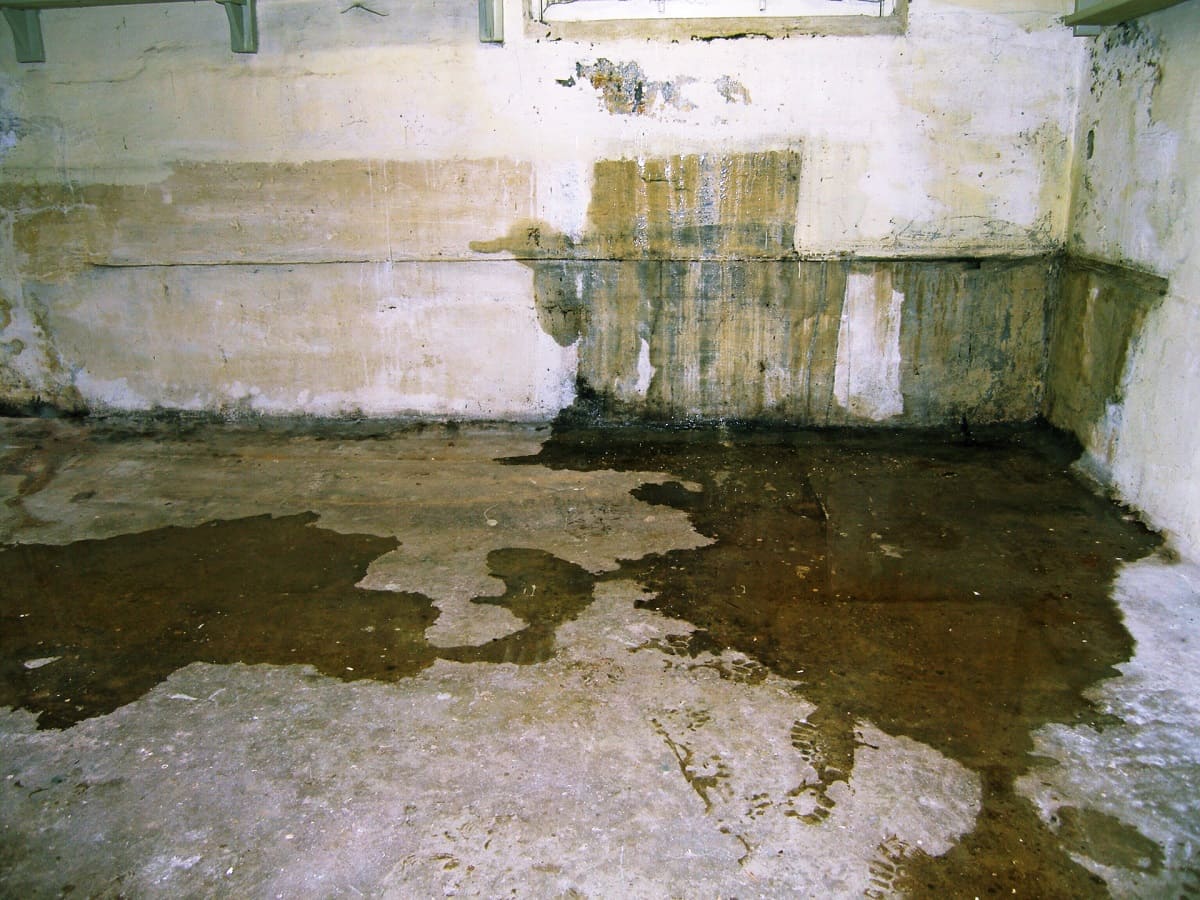
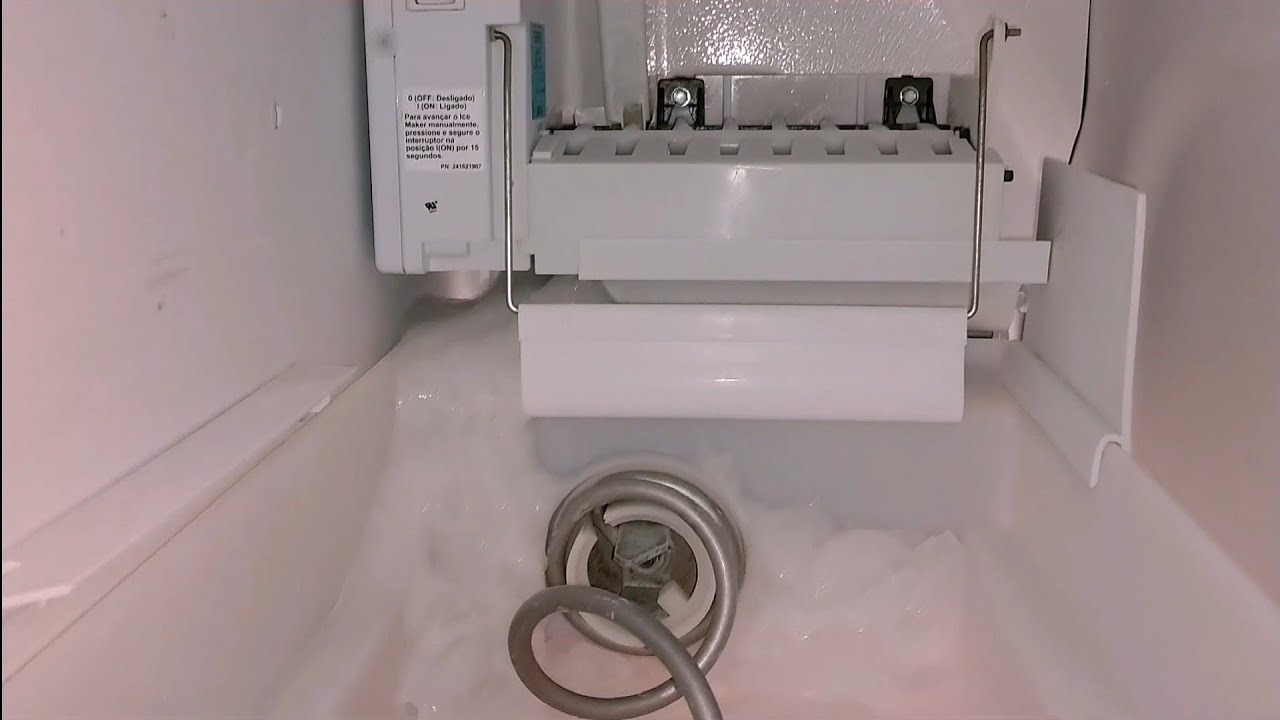
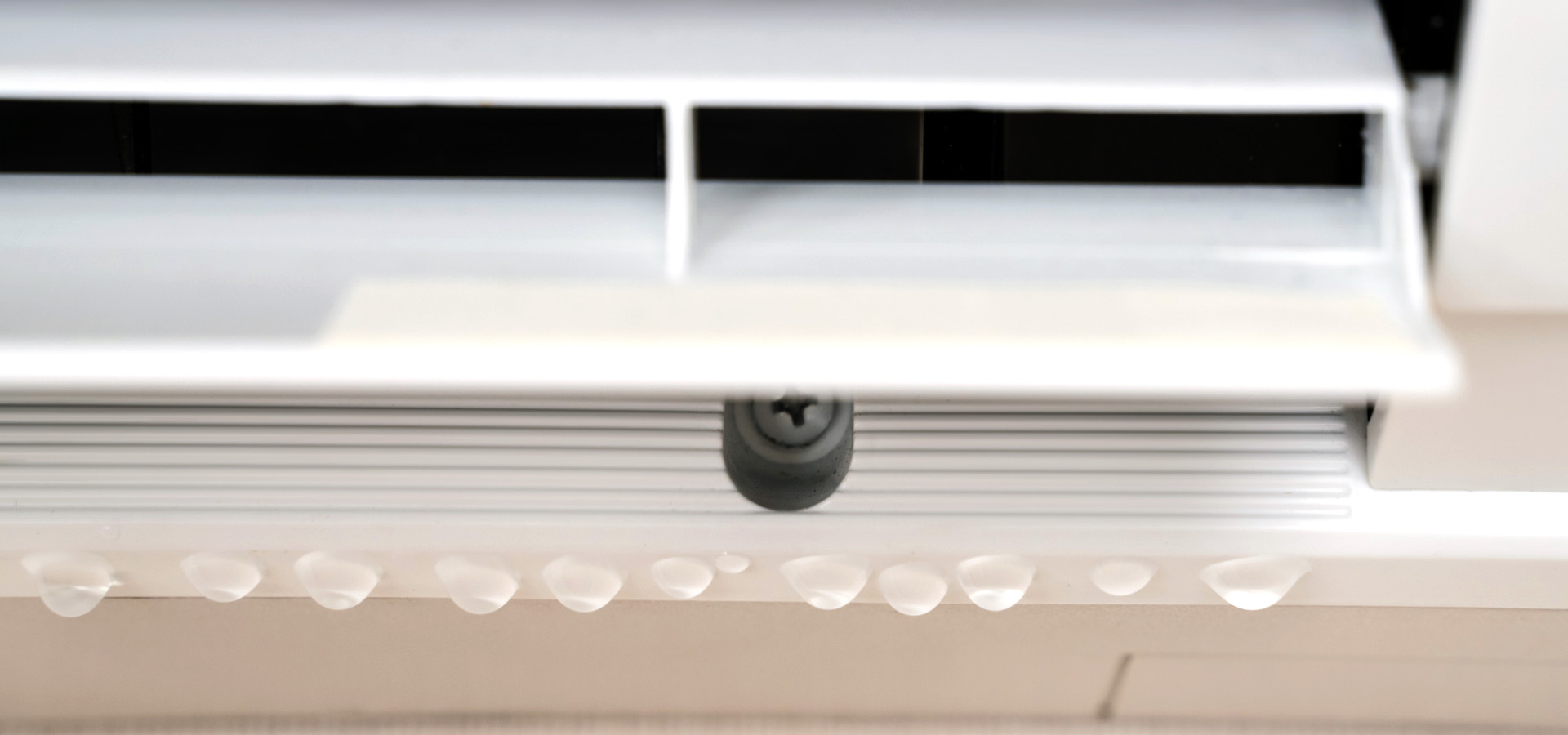
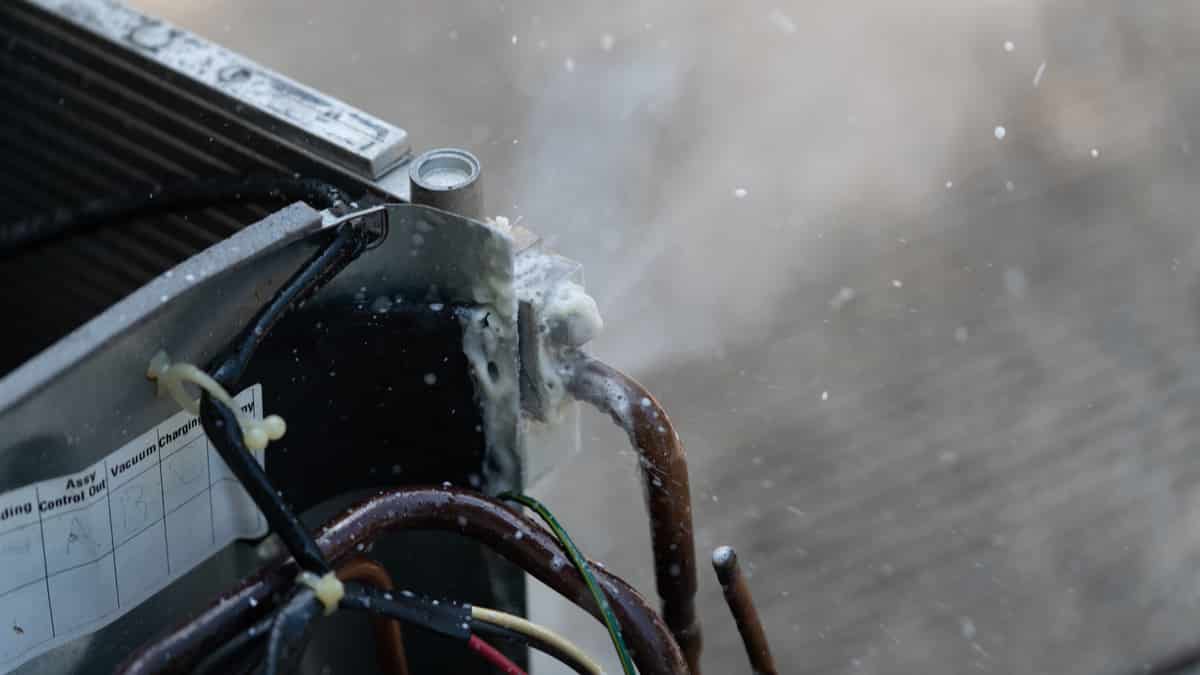
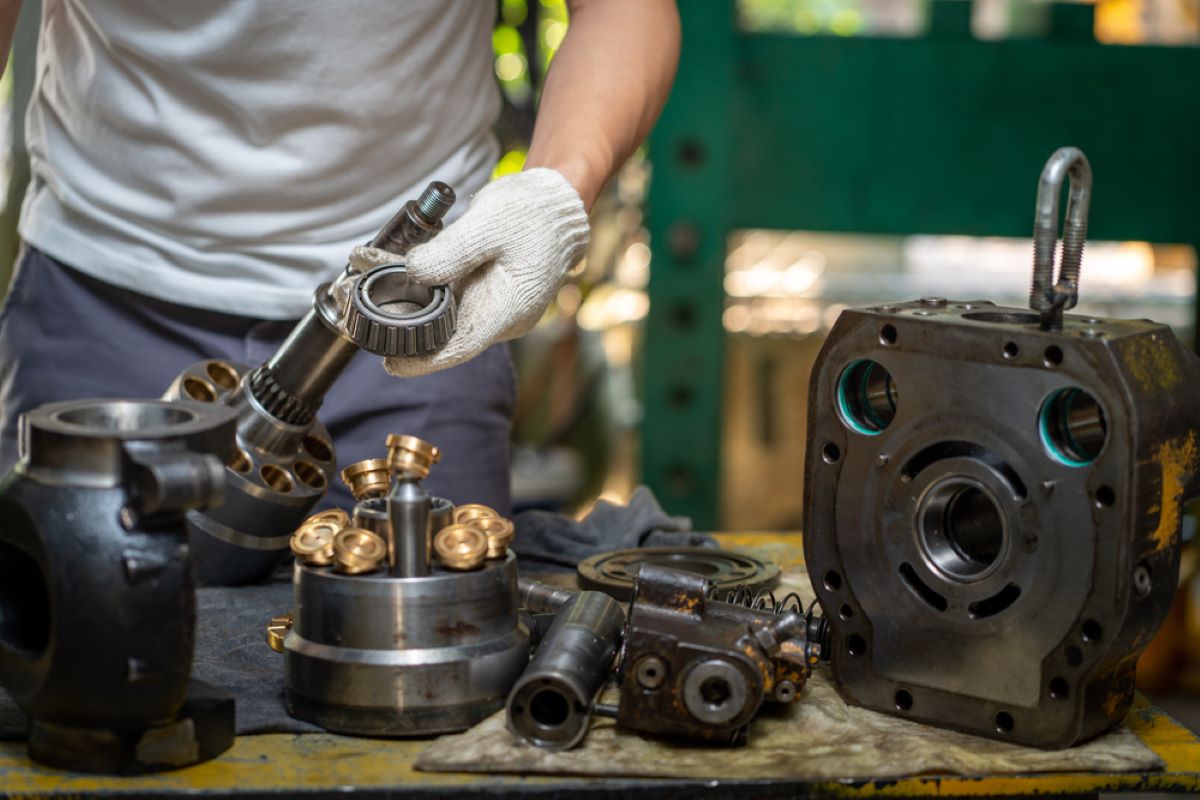
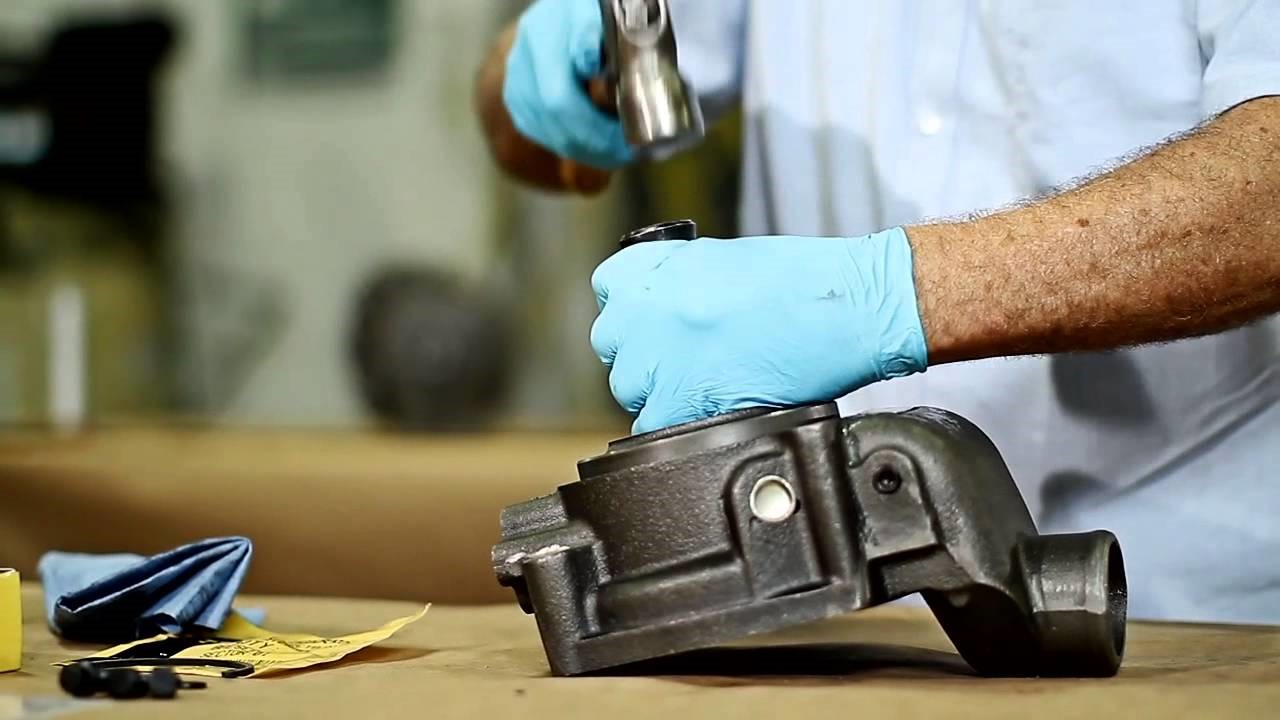
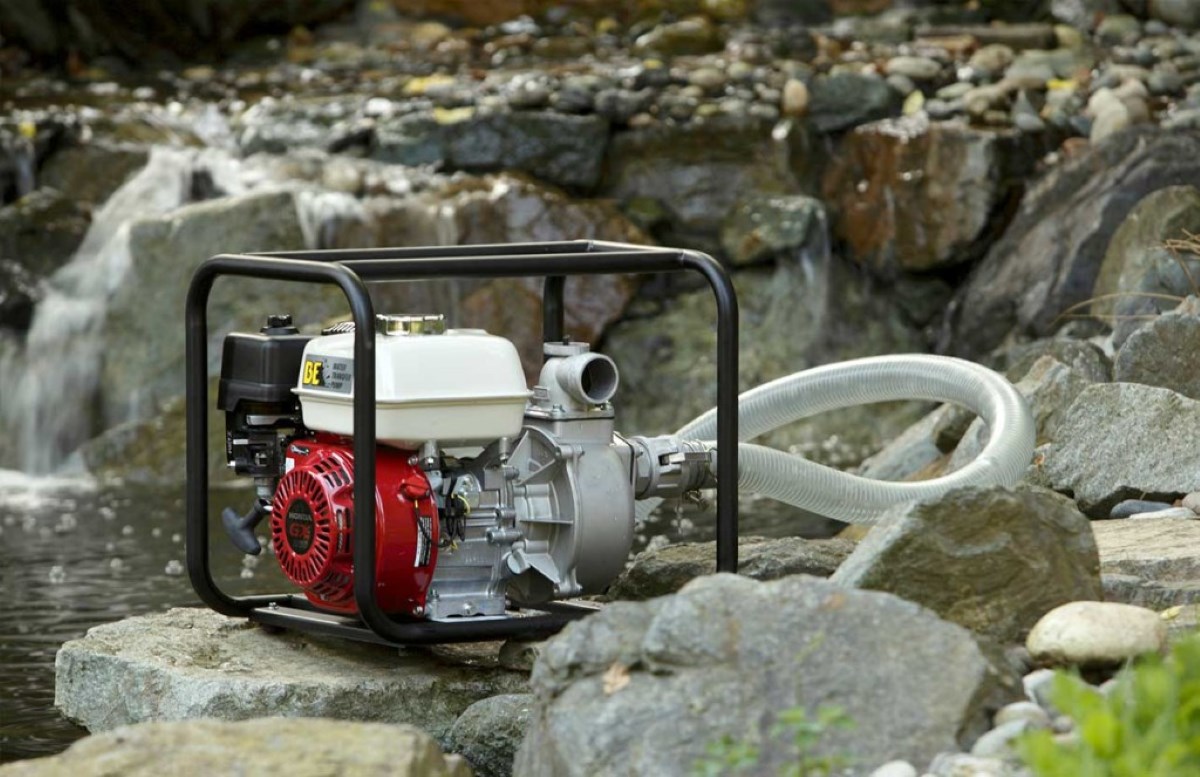
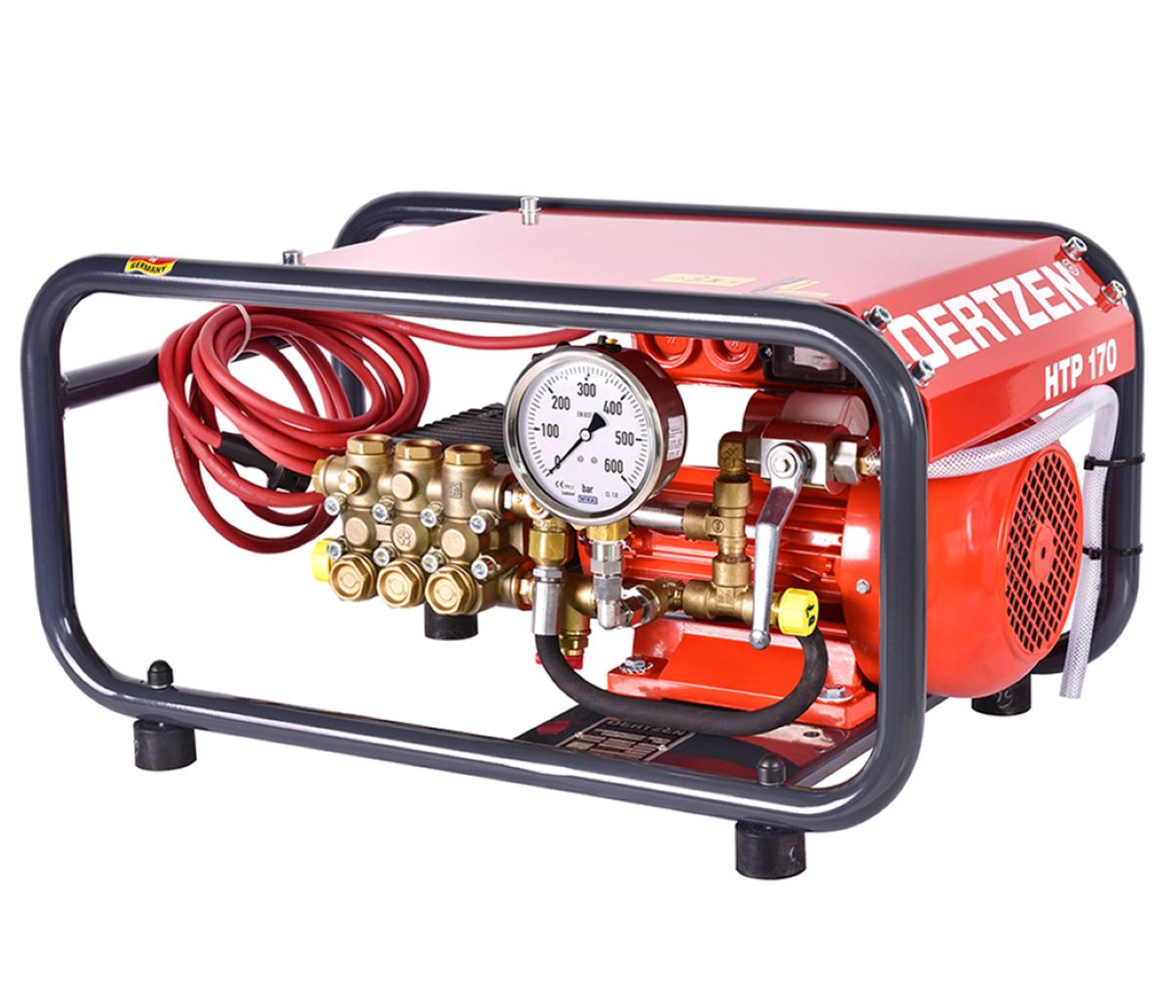
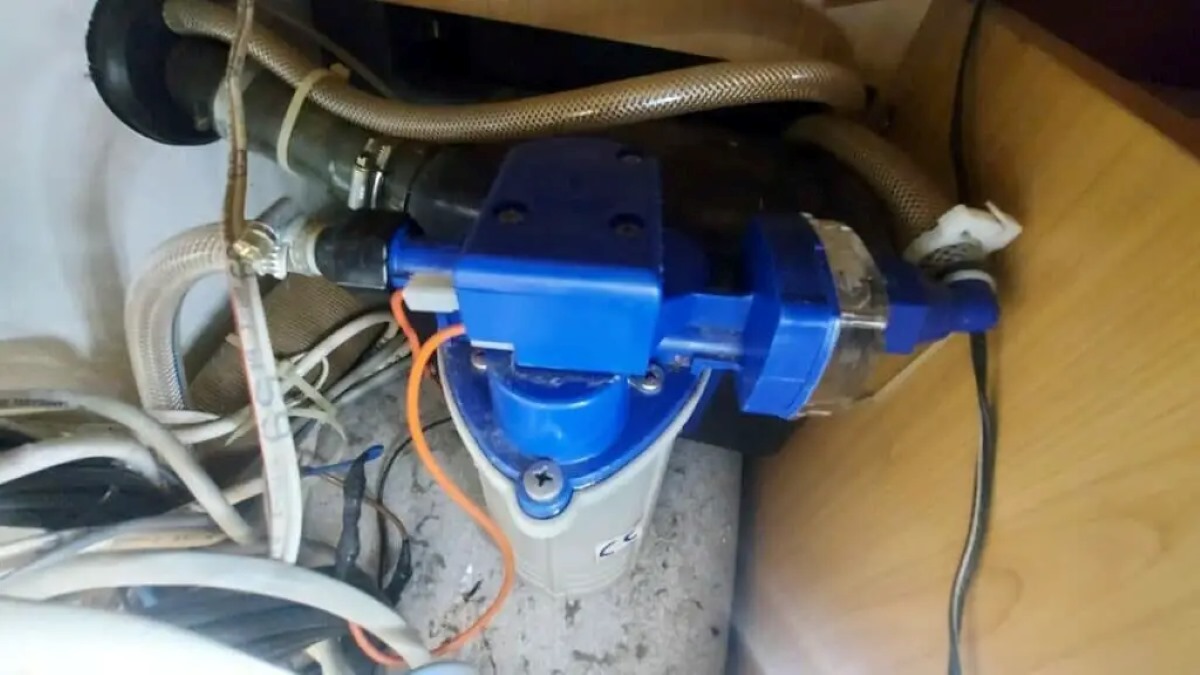
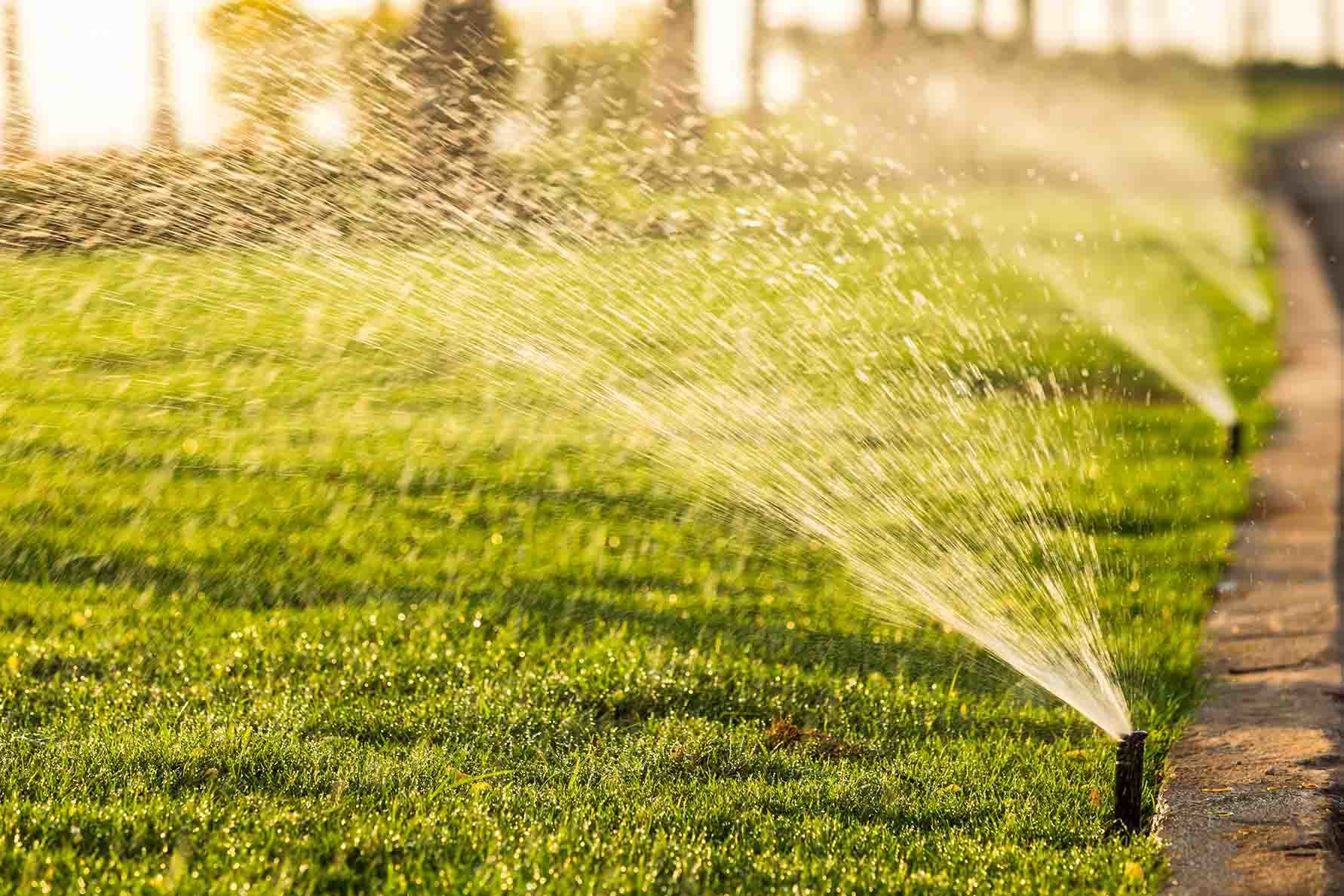
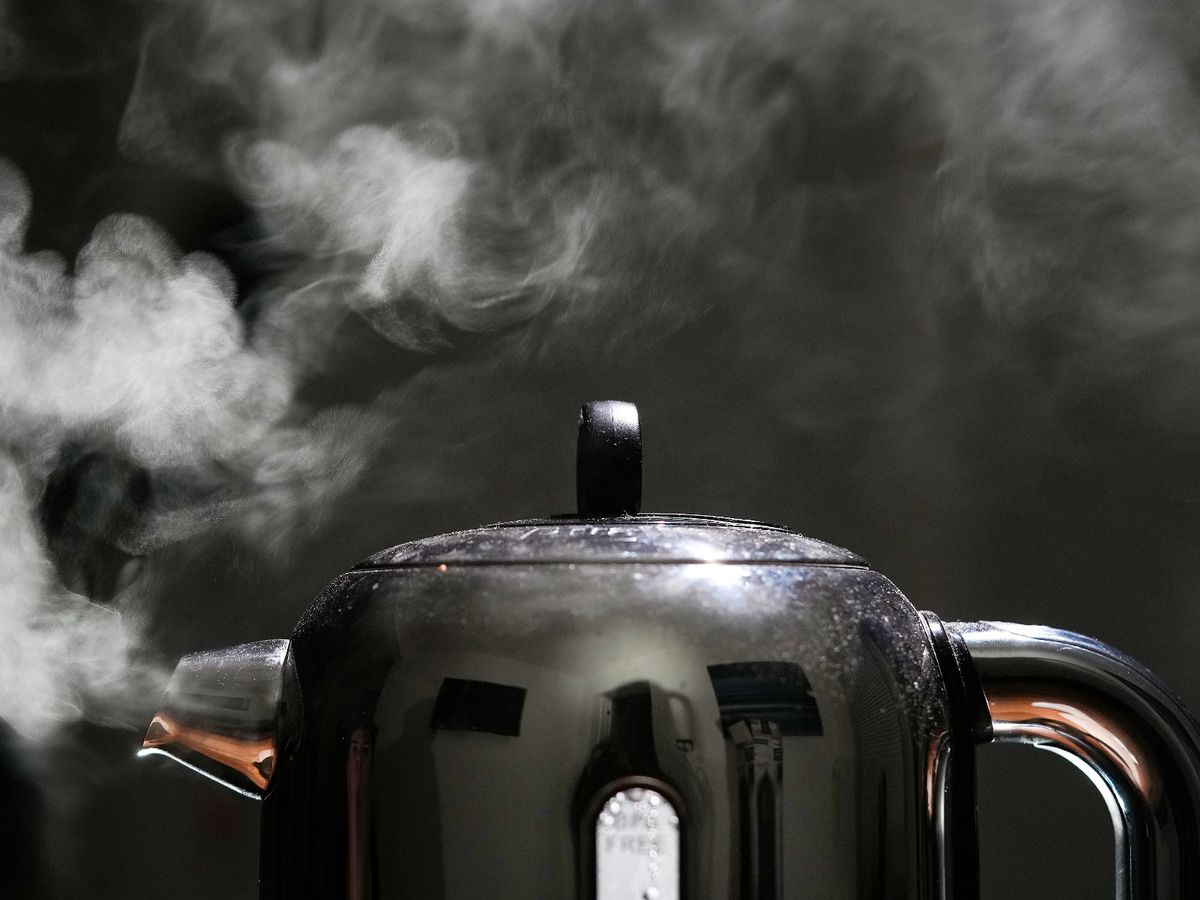

0 thoughts on “How To Stop Water Pump Leak”